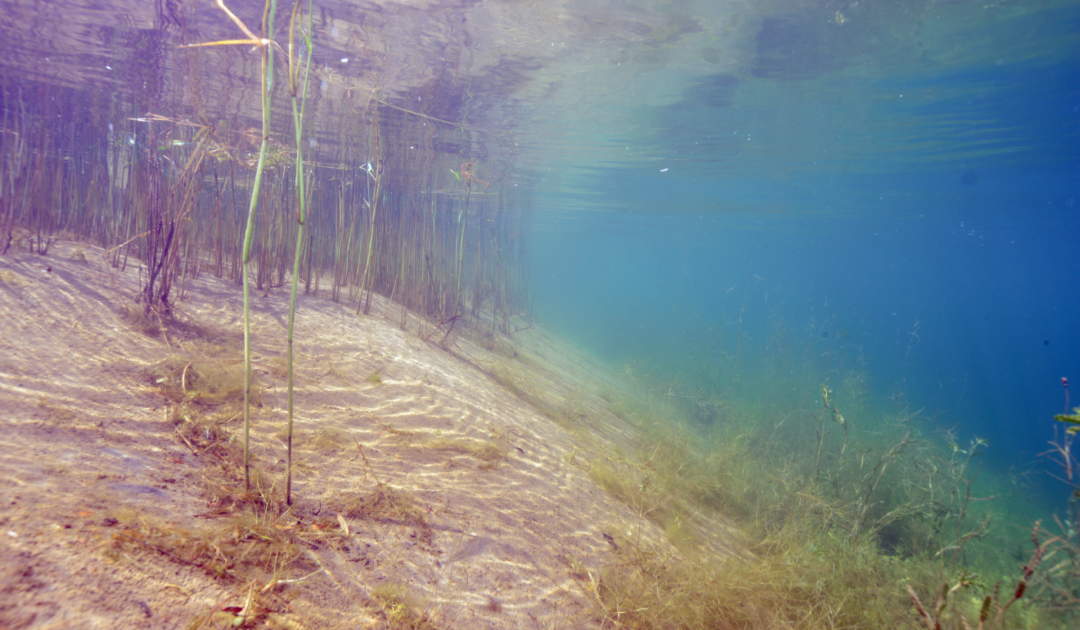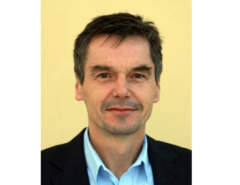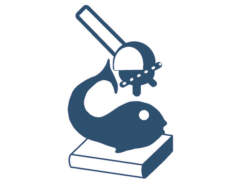Projekt
Safeguarding biodiversity through sustainably managed pond landscapes in Lusatia
Fish ponds are regarded as the “cream of the crop” of international species and biotope protection and are considered hotspots of biodiversity. Using the example of the Lusatian pond landscapes in Brandenburg and Saxony, an interdisciplinary and transdisciplinary approach will be used to research how these valuable cultural landscapes, their biodiversity and ecosystem services can be assigned greater social value and thus secured in the long term.
Man-made fish ponds and the rivers and canals that connect them have led to the diversification of habitats over the centuries. Today, they represent the last refuges for numerous animal and plant species in landscapes that have been changed by agriculture and infrastructure and are also hotspots of biodiversity. In addition, fishery-managed ponds provide numerous ecosystem services, such as food supply, nutrient retention, water regulation, improvement of the microclimate and creation of cultural identification.
In Germany, around 23,000 hectares of ponds are currently managed for fisheries. However, managers are facing increasing challenges, including strict legal requirements, a decrease in demand for carp and the population growth of certain protected species. As a result, both the number of farms and the quantity of fish produced have been in sharp decline for around 30 years. This not only threatens jobs in rural regions of Germany that are undergoing structural change, but also severely endangers the biodiversity and ecosystem services of these unique cultural landscapes.
Using the example of the Lusatian pond landscapes, the largest contiguous pond area in Germany, research is to be carried out in the states of Brandenburg and Saxony using an interdisciplinary and transdisciplinary approach into how these ecologically valuable cultural landscapes can be safeguarded in the long term. The “TeichLausitz” project is being implemented by the Potsdam Institute of Inland Fisheries (IfB), the administration of the UNESCO biosphere reserve Oberlausitzer Heide- und Teichlandschaft (Staatsbetrieb Sachsenforst, BROHT), the International University Institute Zittau of the TU Dresden (IHI-TUD) and the Thünen Institute of Fisheries Ecology in Bremerhaven (TI) with the involvement of practice partners from administrations, companies, and civil society. The work is carried out in seven modules and combines social and natural science expertise with business management expertise and practical knowledge.
With the help of expert interviews, literature research, and stakeholder surveys, relevant governance structures and policy instruments of Brandenburg and the Free State of Saxony are analyzed comparatively. Using conventional and innovative methods (life cycle analyses, eDNA, typical farm approach), biodiversity patterns and relevant ecosystem services of differently managed ponds are identified and evaluated, and the effects of existing regulations and policy measures on the profitability of fishing enterprises and on biodiversity in individual ponds and pond areas are recorded and assessed. In a transnational multi-stakeholder platform, project approaches are critically reflected upon and further developed with affected stakeholders, again using innovative methods.
Based on approaches for a transformation of the socio-ecological system of Lusatian pond landscapes, the “TeichLausitz” project aims to increase the social value of pond landscapes, their biodiversity and ecosystem services – that is, to incorporate their diverse values more strongly into relevant decision-making processes of public and private decision-makers. Taken as a whole, the research activities lead to the development of recommendations for the further design of governance structures and policy instruments in order to identify ways of conserving fishery-managed pond landscapes and thus the biodiversity and ecosystem services of these cultural landscapes.


